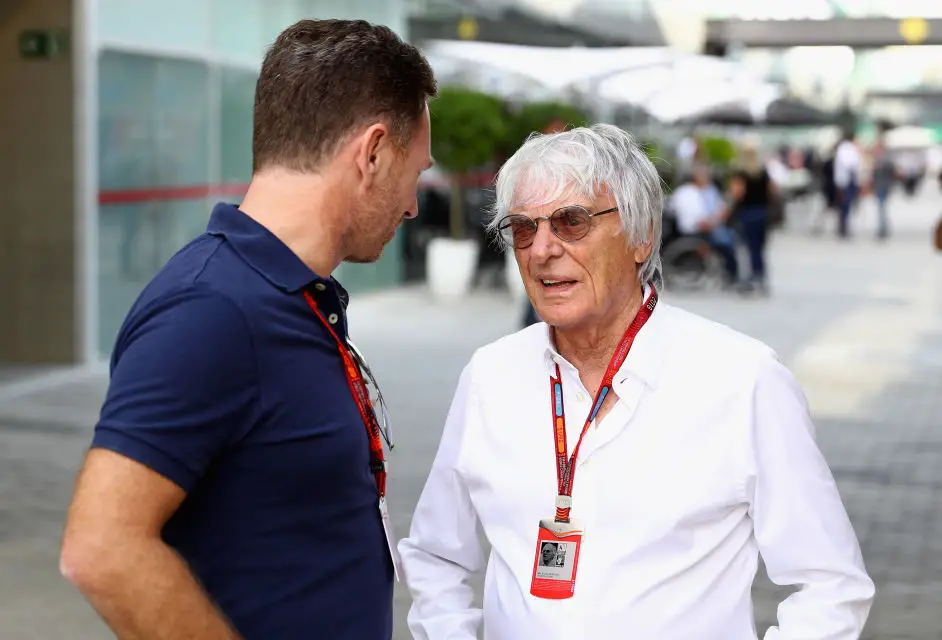Bernie Ecclestone’s £400M Fraud Case: A Pivotal Moment in F1 History
In a stunning turn of events, former F1 CEO Bernie Ecclestone has pled guilty to a major fraud case, agreeing to a massive £652.6 million settlement. This case, involving £400 million in undeclared funds in Singapore, marks a significant moment in the world of Formula One and its financial oversight.
Key Takeaways:
- Bernie Ecclestone, the former chief executive of Formula One, faced legal scrutiny after failing to disclose about £400 million in a Singapore trust, triggering an extensive investigation by HM Revenue and Customs (HMRC).
- Ecclestone, who initially denied the charges, recently admitted guilt to a single count of fraud, dating back to 7 July 2015, casting a shadow over his previous tenure as a leading figure in F1.
- In resolving this case, Ecclestone has agreed to a staggering settlement of £652.6 million with HMRC and acknowledged that he may have made “untrue or misleading” statements regarding other trusts.

Bernie Ecclestone’s guilty plea is a pivotal chapter in what has been an extensive probe by HMRC into his financial dealings. This investigation closely examined Ecclestone’s failure to declare the activities of a trust in Singapore. Astonishingly, this trust included a bank account containing nearly $650 million USD, equating to around £400 million.
The court session revealed significant and misleading discrepancies in Ecclestone’s representations to HMRC, particularly during a meeting in July 2015. In this meeting, Ecclestone claimed the existence of only one trust, established for the benefit of his daughters – Deborah, Tamara, and Petra. However, this statement was later found to be either untrue or misleading.
Prosecutor Richard Wright KC highlighted the gravity of Ecclestone’s misrepresentation, stating, “That answer was untrue or misleading. Mr Ecclestone knew his answer may have been untrue or misleading. As of 7 July 2015, Mr Ecclestone did not know the truth of the position, so was not able to give an answer to the question. Mr Ecclestone was not entirely clear on how ownership of the accounts in question were structured. He therefore did not know whether it was liable for tax, interest, or penalties in relation to amounts passing through the accounts. Mr Ecclestone recognizes it was wrong to answer the questions he did because it ran the risk that HMRC would not continue to investigate his affairs. He now accepts that some tax is due in relation to these matters.”
This development in Ecclestone’s case, concluding with an admission of guilt and a substantial financial settlement, raises critical questions about his legacy and integrity. As one of the most influential figures in the realm of motorsports, Ecclestone’s actions and the subsequent legal repercussions shed light on the often opaque financial dealings within high-profile sports like Formula One. The resolution of this case, involving a staggering sum and covering 18 tax years, underscores the importance of financial transparency and ethical conduct in the world of professional sports.



